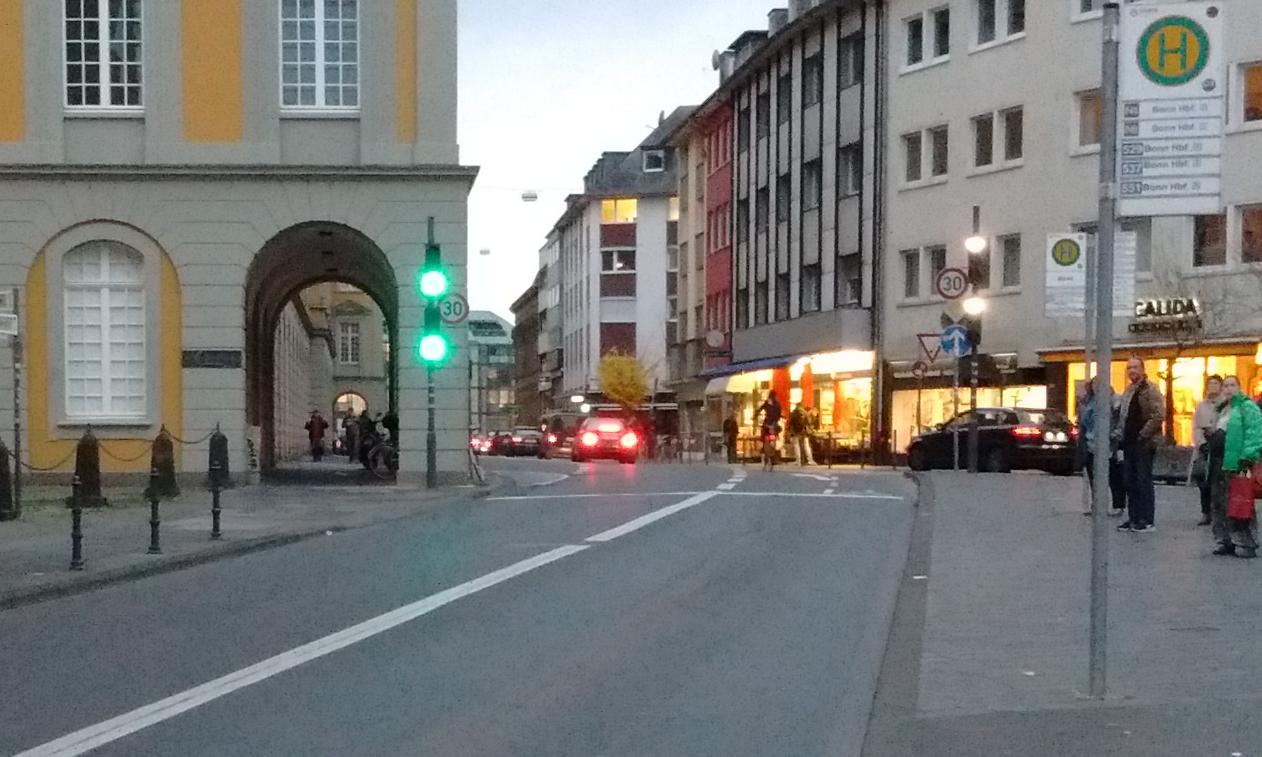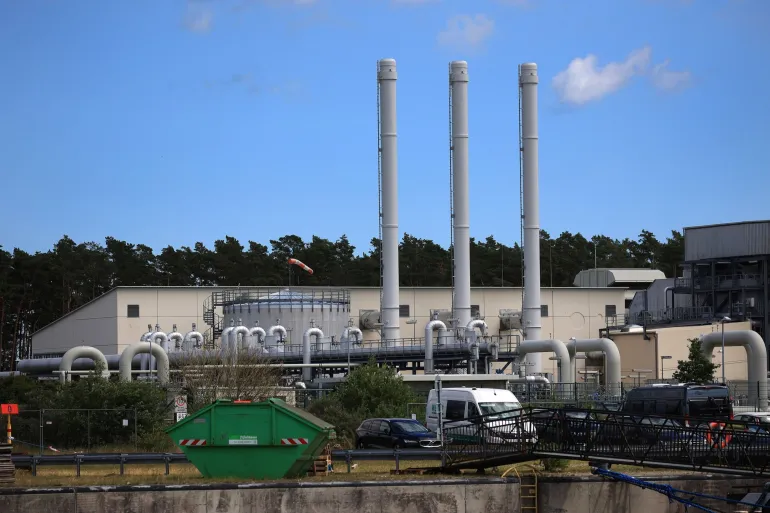Before the turmoil around the Nord Stream 1 pipeline’s restart from Russia to Germany surfaced, Europe was already experiencing an energy crisis. Even though the main pipeline was shut down for 10 days of repair, natural gas began flowing again on Thursday, but Europe will still struggle to keep homes warm and business running this winter.

This is due to Russia’s reduction in the quantity of natural gas used in Europe to run companies, produce electricity, and heat homes during the winter, and Russian President Vladimir Putin’s warning that this reduction might continue. Before yearly maintenance started, deliveries through Nord Stream 1 were reduced by 60%, and it was anticipated that they would remain substantially below the pipeline’s maximum capacity.
Before the conflict, Russia provided around 40% of the natural gas used in Europe. This has decreased to somewhere around 15%, driving up costs and placing pressure on sectors of the economy that use a lot of energy. Gas is utilised in a variety of operations that most people never see, such as pasteurising milk and cheese, making glass bottles, forging steel used to produce automobiles, and making glass containers.
The EU now uses more expensive LNG that is shipped in from countries like the US and Qatar. On its North Sea coast, Germany is moving quickly to build LNG import terminals, but it will take years. Later this year, the first of four floating reception terminals is scheduled to go online. However, LNG cannot close the gap by itself. There is no more gas available, and the LNG export plants throughout the world are operating at maximum capacity. A US facility in Freeport, Texas, which sent the majority of its gas to Europe, exploded overnight, cutting off 2.5 percent of the continent’s supply. Other energy sources and conservation are essential.
On Wednesday, the European Union suggested that its members voluntarily reduce their gas use by 15% over the ensuing months. The EU’s executive body, the European Commission, is pushing for the authority to enforce obligatory cuts throughout the union in the event of a serious gas shortage or unusually high demand.
On Tuesday, the energy ministers will convene in an emergency session to debate the measures. Alternative energy sources have been in high demand, and last week, leaders of Italy, France, and the European Union signed agreements with their counterparts in Algeria, Azerbaijan, and the United Arab Emirates.
Homes, schools, and hospitals are unlikely to lose heat because governments must first impose rationing on corporations. The German government could also let gas companies to pass on price rises to customers right away. The options include destroying the industry or slapping customers with even greater costs. The IEA advises European nations to step up their efforts to encourage citizens to practise gas sharing in an emergency and to save at home.

